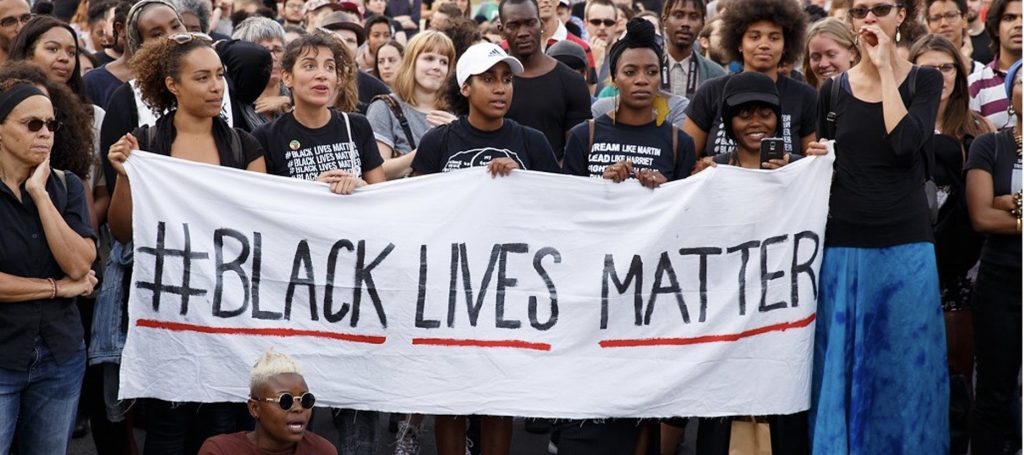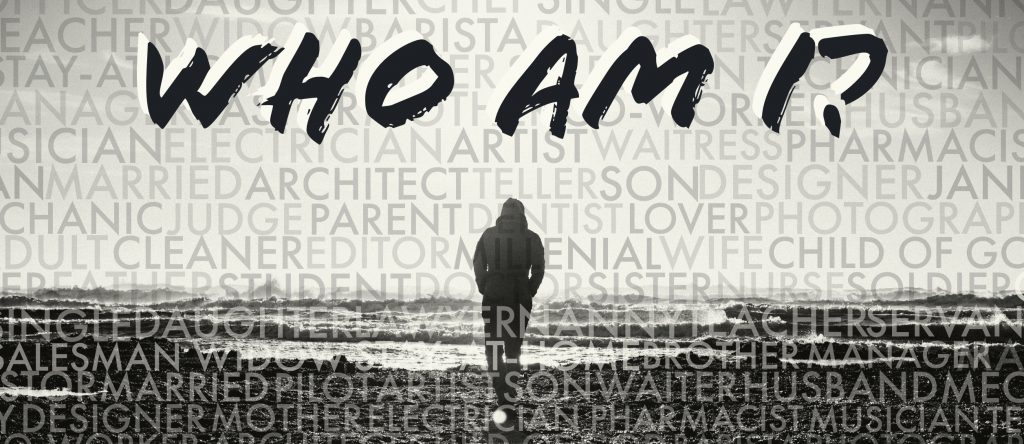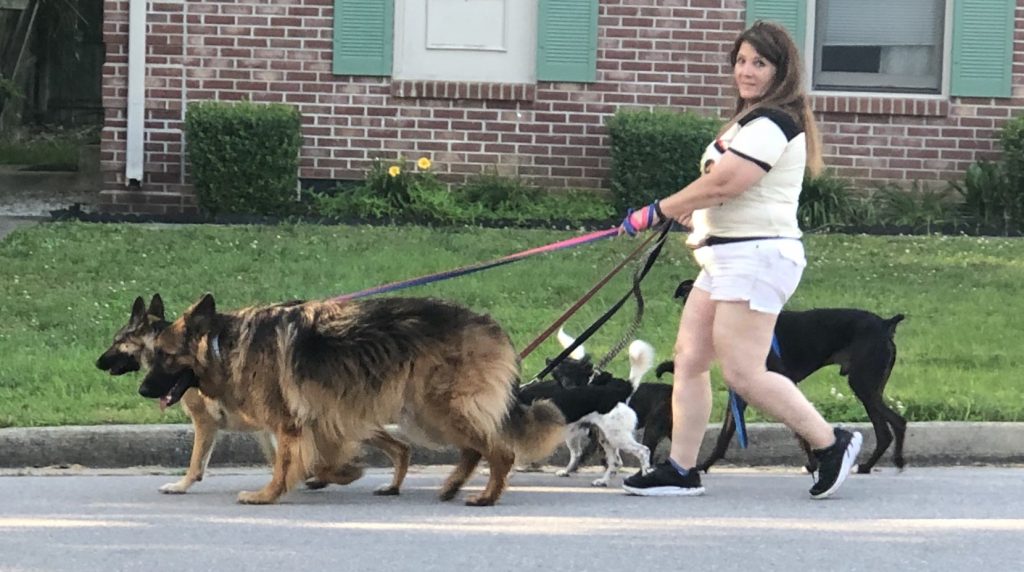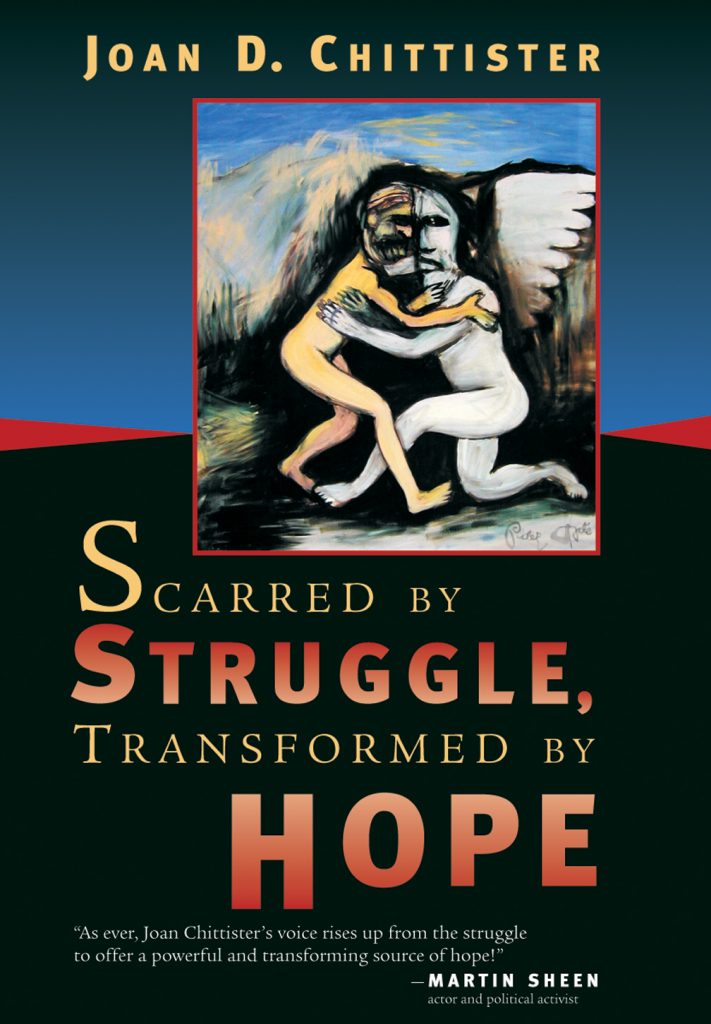
It would be hard to imagine someone who has not heard “Black Lives Matter”. BLM has become a trigger. Some hear a clarion call for justice. For others is is a mantra calling for revolution and anarchy. It is difficult to distinguish who is saying what in the chaos of protests.
Black Lives Matter, but I am reluctant to publicly proclaim it for fear of being misunderstood. Certainly I wouldn’t say “Black Lives Don’t Matter”, I don’t believe that. Struggling with that dilemma, my reflexive response is “All Lives Matter”(ALM).
By all indications, I’m in good company, ALM seems to be the overwhelming rebuttal to BLM. My perception is that ALM is mostly a “Christian” response. There is ample justification for Christians declaring ALM. After all, God is love and cares about every person. As Christians we’re commanded to love our neighbors, even our enemies. All lives matter is an unequivocal truth for Christians.
So, why are there visceral reactions to “All Lives Matter”by some Black Lives Matter” proponents’? Shouldn’t there be an appreciation for my love and compassion for everyone, which, of course, includes black people? Because I am who I am, It would be presumptuous to answer for BLM proponents.
In the course of wrestling with this dilemma, I thought of times in our previous church when a member would come to the front for prayer, in response to an invitation song. Often in deep distress because of tragic and/or unjust circumstances, baring their soul in despair. Standard protocol called for an elder to receive their lament and then share their story with the congregation, followed by a prayer on their behalf.
I painfully remember that on some occasions, their story being shared by an elder, followed by well intentioned words of encouragement that went something like:
“God loves us all and I want you know to how much you are loved by everyone here today. These are difficult times for you, but let me tell you, we’ve all had troubles and we survived and so will you. Let us pray.”
Thinking back to that scene, I now see her desperate need to know she mattered to God. Often in the midst of distress we perceive God to be absent, despite “don’t worry He will be with you” assurances.
“When he passes me, I cannot see him; when he goes by, I cannot perceive him.” Job 9:11 NIV
We believe God loves everyone but still struggle to believe He loves us. To paraphrase, our answer to “Do I matter to God?” , we said “All Lives Matter to God”. Hearing all lives matter was like a mother of five telling one injured child, “Don’t worry, you know how much I love all you kids”.
I doubt anyone believes the shepherd in Jesus’ parable of the lost sheep, did not love the nine-nine he left to find the one lost sheep.
Each of us need to know we matter, to know if we wander off, the shepard will come for us. The parable records celebration in heaven on the return of one lost sheep. I imagine a joyous celebration by the ninety-nine, not so much for the stupid sheep who got lost and was found, but for the shepherd, they knew would come for them if they were lost.
Declaring all lives matter to God, discounted her as God’s daughter and His particular concern for her. Her pain and circumstances were minimized as ordinary.
Hear my cry, O God; listen to my prayer.
Psalm 61:1
It is true “All lives matter to God’, but in the cacophony of grief, fear and doubt we are unable to hear.
“When everything is important, nothing is important”.
Thinking about that story is helpful in my struggle with BLM vis-a-vis ALM.
It prompted me to hear “Black Lives Matter” as a plea to be heard, not an indictment to be refuted. Not a demand, but a plea to listen.
Listening that produces understanding and shared humanity.
Listening which restrains the impulse to answer in protection and defense of my rightness.
Listening that refuses to minimize and diminish others’ pain.
Listening that affirms “All Lives Matter”
I am keenly aware of the risk that comes with suggesting listening as a response to “BLM”. It seems naive and simplistic. For my social justice friends, it sounds patronizing, “please tell us your story”, another way to void the hard work of addressing systemic injustice. My “All Lives Matter” friends will sigh with relief from angst about “What can I do?”, suddenly relieved by the novel idea of listening. Wrong on both counts.
I call us to to respond to “Back Lives Matter” with listening shaped by Jesus:
“Think of yourselves the way Christ Jesus thought of himself. He had equal status with God but didn’t think so much of himself that he had to cling to the advantages of that status no matter what. Not at all. When the time came, he set aside the privileges of deity and took on the status of a slave, became human! Having become human, he stayed human. It was an incredibly humbling process. He didn’t claim special privileges. Instead, he lived a selfless, obedient life and then died a selfless, obedient death—and the worst kind of death at that—a crucifixion.” Philippians? ?2:5-8? ?MSG??
Our listening posture is to be like Jesus …not thinking of ourselves, giving up any status or privilege, being human, selflessly accepting a humbling experience.
Bonhoeffer wrote concerning listening:
“Just as love for God begins with listening to his Word, so the beginning of love for the brethren is learning to listen to them. It is God’s love for us that he not only gives us his Word but also lends us his ear.
“Many people are looking for an ear that will listen. They do not find it among Christians, because these Christians are talking when they should be listening. But he who can n o longer listen to his brother will no longer be able to listen to God either; he will be doing nothing but prattle in the presence of God too. This is the beginning of the death of the spiritual life, and in the end there is nothing left but spiritual chatter and clerical condescension arrayed in pious words.”
If Jesus isn’t enough here are some words from secular friends:
A recent study published in the Journal of Experimental Social Psychology … studied the tension between Palestinians and Israelis, as well as Mexican immigrants and white Arizonians.
What they found was that when individuals were given a chance to share their stories and experiences with people from the other side, it helped improve their attitude about the “opposing group.” This effect was even stronger when it was a member of the “disempowered group” being heard by someone from the “dominant group.”
Disempowered groups often feel like their voice isn’t being heard. They think their values and needs aren’t being considered, and this can fuel resentment toward the more dominant group, who often has more of a stronghold over public debate.
However, when the dominant group makes an effort to hear things from another point-of-view, the disempowered group begins to feel that their values and needs are being listened to. This can be a great starting point for easing conflict and tension.
The power of being heard can be life-changing! It’s so important to us, and rightfully so. It feels amazing to open up to someone, and they ACTUALLY listen to us!
https://heyitskristikay.com/the-power-of-being-heard-why-is-it-so-important/
Learning to Listen
It can be stated, with practically no qualification, that people in general do not know how to listen. They have ears that hear very well, but seldom have they acquired the necessary aural skills which would allow those ears to be used effectively for what is called listening.
https://hbr.org/1957/09/listening-to-people
There is no absence of resources to learn how to listen. The state of our society should create an urgency to learn to listen.
I believe Bonhoeffer gave the best reason to listen:
“…he who can n o longer listen to his brother will no longer be able to listen to God…”




